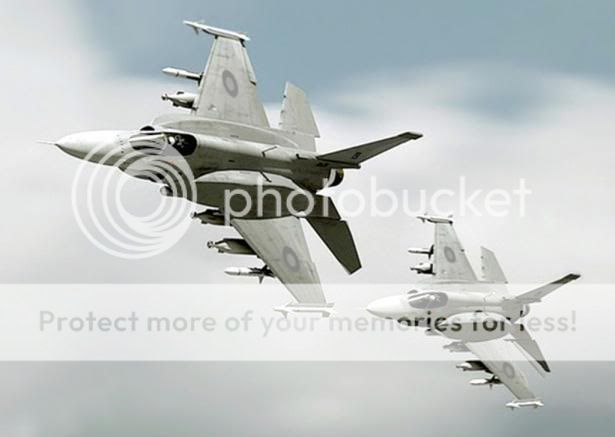Syed Hussain
FULL MEMBER

- Joined
- Jul 22, 2014
- Messages
- 265
- Reaction score
- 1
- Country
- Location
Will try, but I have other topics in mind which I consider vital on long term basis. I don't even know the active or passive rules of this forum, so I will try go out blunt...hope its works.Denada-----Well---why don't you unburden yourself and share some of the stuff----it will take some load of you---hehn


















